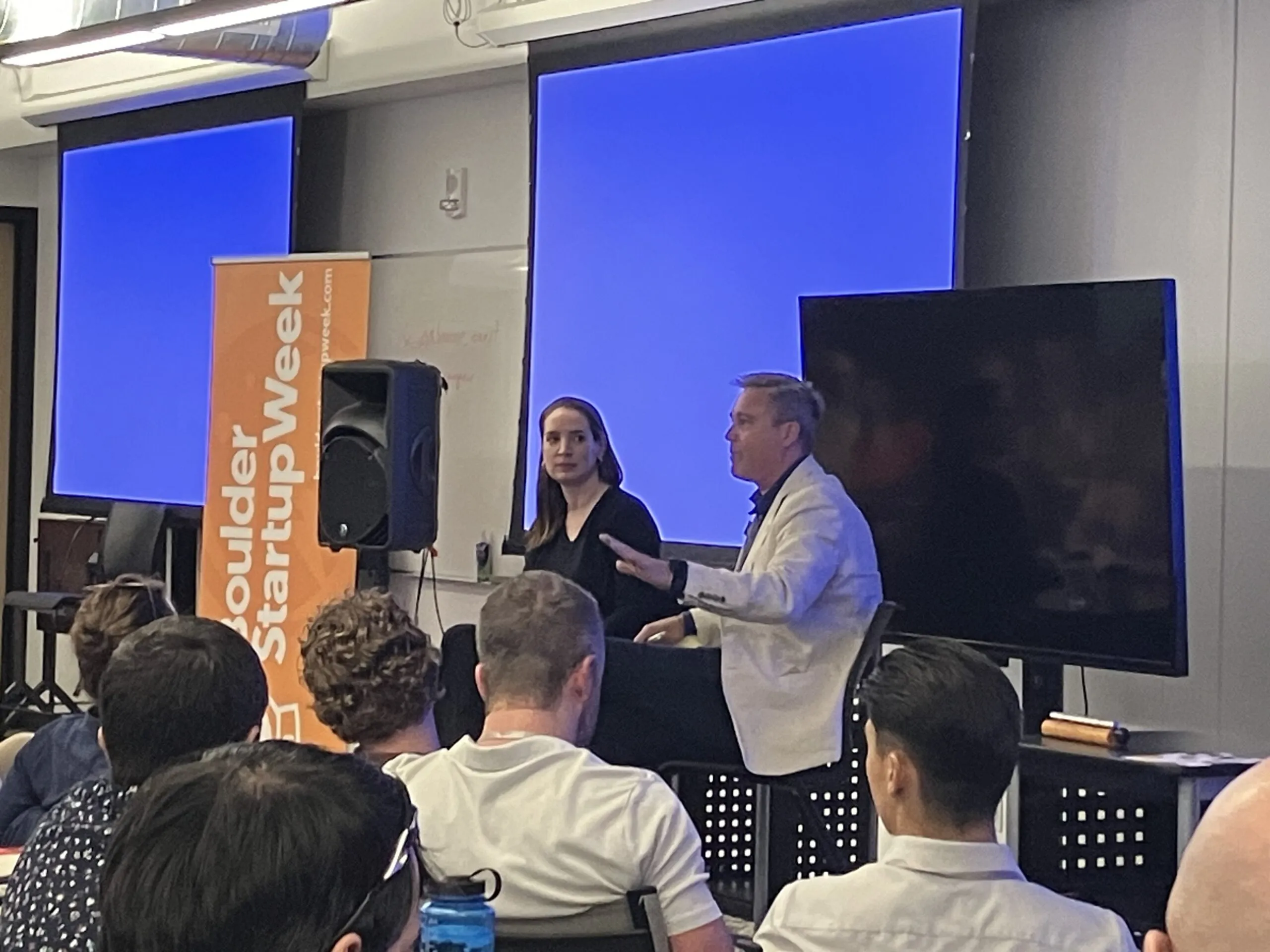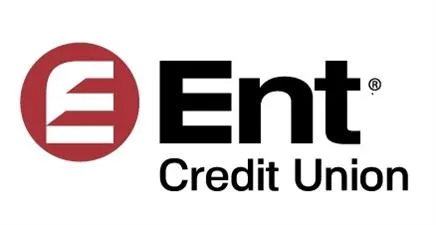Techstars CEO: Venture capital market in midst of ‘complete reset’

After years of freewheeling investment and ballooning valuations for startups, both founders and investors are adjusting to a new reality in the venture capital market.
THIS ARTICLE IS FOR SUBSCRIBERS ONLY
Continue reading for less than $3 per week!
Get a month of award-winning local business news, trends and insights
Access award-winning content today!
Already have a paid subscription?
Sign in with GoogleSign in with Google





